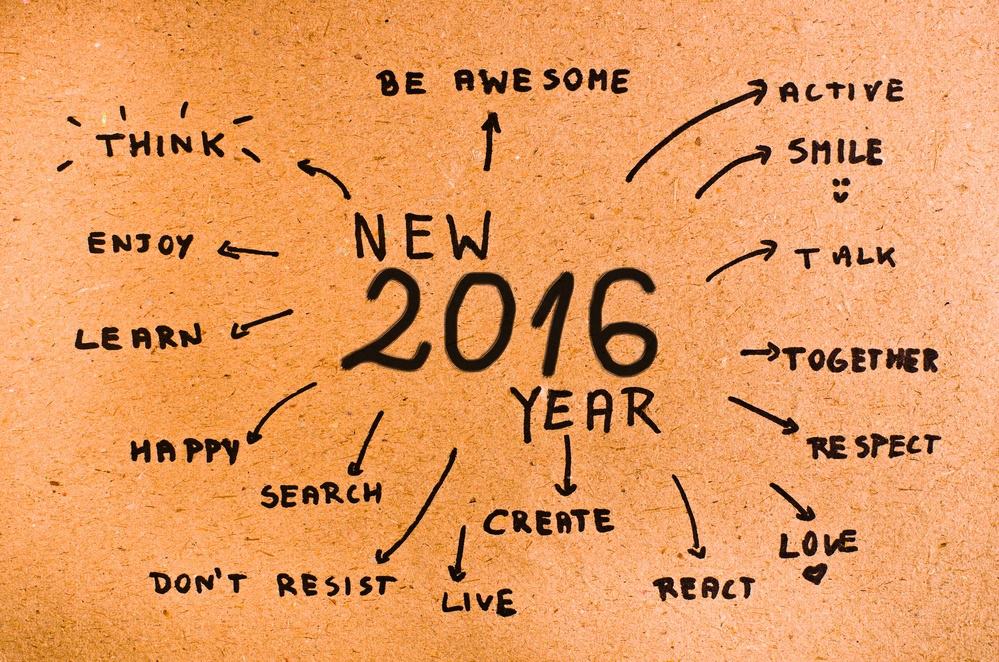“Dry January”, “turning over a new leaf”, “the new me” are all terms you hear regularly from friends, family, and colleagues as a new year dawns. A month later and 88% of people who set New Year's resolutions have failed already.
This is a shocking statistic.
Why, as humans, are we so bad at keeping our own promises and commitments?
I read a book this year called The Power of Habit: Why we do what we do and how to change by Charles Duhigg (you can read my review here) that highlights scientifically why we as humans absolutely suck at sticking to commitments. It all comes down to one thing. Habit.
The thing is, one of the reasons we really suck at making changes, like transitioning to healthy eating or quitting smoking, is that we attempt to change habitual behaviour, but we don't pay attention to the cues that trigger the behaviour in the first place.
A cue could be the stress that leads to your cigarette craving, or the aversion to wasting food that leads you to eat those unhealthy snacks.
Changing this behaviour is hard, but noticing the cues and when we fall into routine is half the battle.
Things we can do to help us win
Changing routine on its own is hard because it’s a repetitive process. We need to change our routines more than just the one time. The problem is, when people fall back into their old habits they often tend to give up, but this is when you need to push on even further.
In order to help re-wire the routines in our brain, we have to make more than one change in behaviour. The great news is that just making small changes in your behavior can spur you on to break the bad habits.
Here are just a few tips I've found useful:
Keep a Journal
Personally, I suck at keeping a diary. If you're not one of those kinds of people, don't worry. I have a solution for you.
The 5-minute journal is a fantastic and quick way for you to concentrate on the positives of your day.
In the morning we prepare our mind for the day by:
- Writing three things you’re grateful for. For example: a loving family, a job you love, or simply a bed to sleep in every night.
- Writing three things that would make today great. These could be as simple as making your bed or getting to bed early
- Finally, making some positive affirmations about ourselves. What makes you the person you are and what makes you special.
For the evening journal, you reflect on the day and the great things that may have happened, while also considering how you could have made the day better.
Sounds like a load of mumbo-jumbo, I hear you say?
Keeping a positive journal where you show gratitude has been scientifically proven to improve your mental well-being. It also forms a habit, and on the back of that habit you can build other habits.
Make a Commitment
When you promise to do something, make sure it’s a commitment that has a penalty if not kept. Make sure the punishment is serious enough to dissuade you from not doing it. For example, if you don't exercise for a day, you have to pay £20+ (or however much financially hurts) to a charity that you absolutely don't support.
I find that committing to less at first and gradually increasing the frequency (for example exercising just 2 times a week then slowly increasing it to 3 or 4, etc.) reduces our natural aversion to change.
Plan your Commitment
If you're a planning freak (like me), this should be right up your alley. If not, you might want to try it.
Let's say we have our absolute commitments penciled in our weekly planner. By writing your commitments down, you further commit yourself to doing them. If you don't do what you promised to do, you end up being racked with guilt at not having accomplished what you set out to accomplish.
This works especially well in combination with your evening journal entries, since you’re forced to reflect on why you reneged on your commitments to yourself.
Have someone make you accountable
Especially effective in getting yourself down to the gym is having someone else make you accountable: a friend or relative. Better still, someone who actually attends the gym with you.
There's nothing more motivating than having someone go through the same journey (and pain) as you are. Having someone there with you means you are even less likely to quit. As humans, what we hate worse than letting ourselves down is letting down others.
Introduce a Routine
One really effective way to build discipline is to start your day with an early morning routine.
I have my own morning routine that helps me reduce my stress and increase my fitness levels. Sure you have to get up earlier to get it done, but after a while you won't notice. Plus you'll feel awesome having exercised each morning.
In fact, many of the world's most successful entrepreneurs are well known for having their own morning routines.
Early to bed, early to rise allows you to conquer the day. This is true even if in the morning the only thing you do is write in a journal, make your bed, and get some reading in before the rest of the house wakes. Being in control of at least one thing in a day will set you up for the rest of it.
Make things as easy as possible
It can be tough to change habits. Just getting on that gym kit can be a chore in and of itself. To make habits a permanent fixture, we have to make them as easy and frictionless as possible.
For example, you might want to lay out your exercise kit the night before, so you don't have to rummage around your chest of drawers or wardrobe looking for them.
Another great hack for remembering things you need for work (keys/wallet etc.) is to leave the things you need for the day in the same place. For example, in a box near the front-door. If things are always in the same place, then you'll never forget them. It’s a neat trick if one of the habits you need to change is forgetting things!
What are you going to change?

Remember, you don't have to wait until the new year to make a start. There's no better time than the present.
I’ll leave you with an inspirational quote:
Change will not come if we wait for some other person or some other time. We are the ones we've been waiting for. We are the change that we seek – Barack Obama


